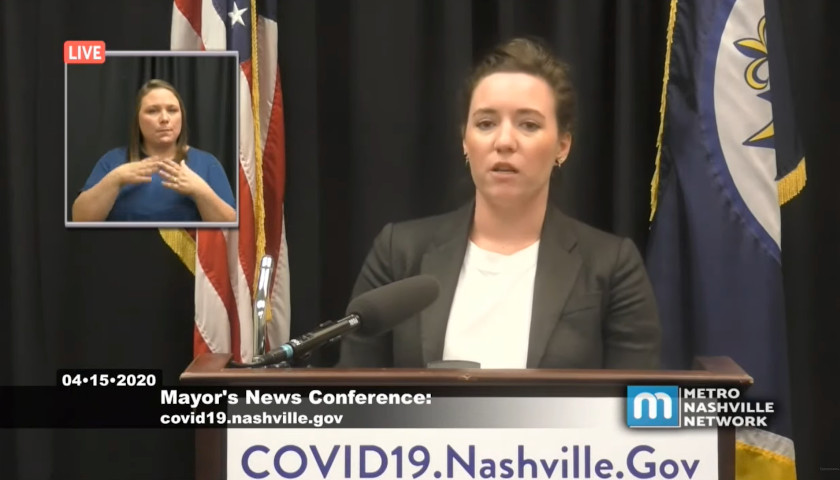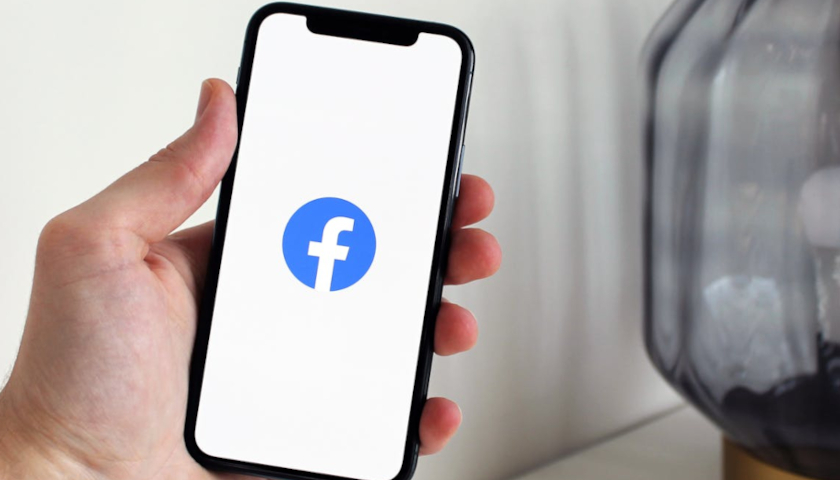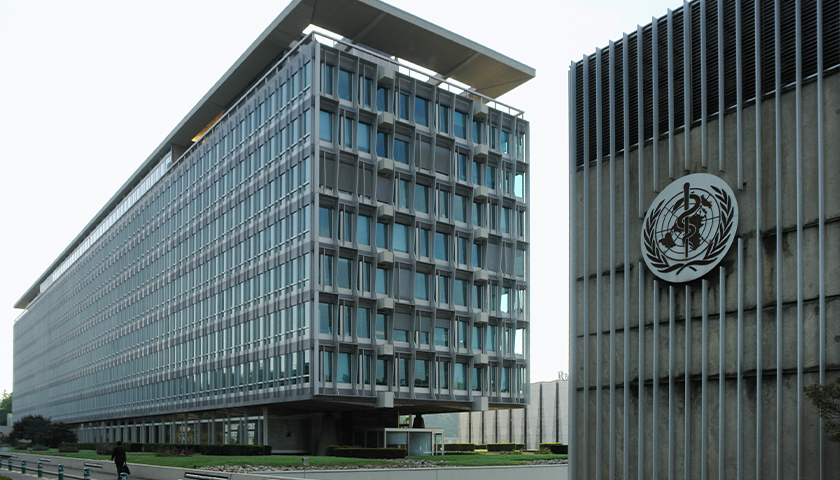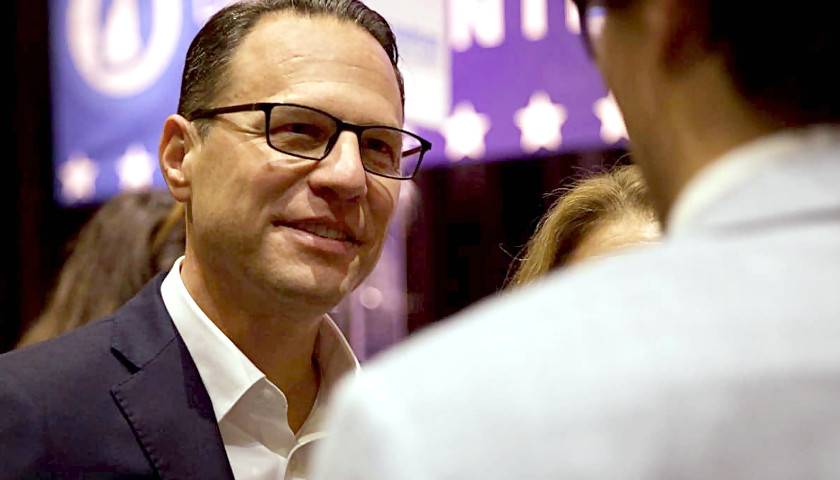Leslie Waller, an epidemiologist with the Nashville Metro Public Health Department, discussed the use of “contact tracing” in helping contain the coronavirus during Mayor John Cooper’s press conference Wednesday.
She said that contact tracing is a tried and true public health tool that has been around for a long time.
Contact investigations are a core public health function that provides the foundation for many disease outbreak responses, including more familiar infections such as tuberculosis, syphilis and hepatitis, according to Waller.
They are the first line of defense in controlling disease, especially in the case of COVID-19 with the absence of treatment or a vaccine.
The process begins with the receipt of all reports of positive cases, said Waller.
Then the information is collected by asking questions to determine when the person became contagious and who they interacted with during the infectious period, explained Waller.
Questions include who they live with, who they have gone to dinner with, what travel has taken place, whether they go to work or school and what their office looks like, said Waller.
Once the close contacts have been identified, Waller says the team calls and confidentially notifies the contacts of their exposure and explains the legal requirements to quarantine as well as the number of days they must be isolated.
The department has several databases that are used to keep track of the cases and contacts, one of which is a statewide database, Waller advised. To manage the information from contact investigations and contact management and the follow-up process, Excel and SharePoint are used.
Waller said cell phone data or records are not used and that the department does not have access to that information.
The logic behind contact investigations advised Waller is if all of the people with exposure to an infectious case can be identified, they can be contacted quickly to isolate them in order to prevent further spread of the virus.
Waller cautioned, “Without this high level of communication with our cases, though, we do not end COVID in Nashville.”
The team has done a good job of keeping up with the existing and new cases, said Waller, with the investigation team having grown from four to 40 and the number of cases per day slowing down.
As of Tuesday, 466 people were being actively monitored as having come in contact with a case, according to Waller, who sees that number growing as the city is reopened and interactions increase.
To deal with the increase, Waller intends to increase the staff and expand the program, although the source of funding for expanding the team was not discussed.
Learning from the investigations, Waller advised, indicate exposure on the job accounts for 15 percent of the recent cases, while 35 percent of recent cases had exposure in the household. Another group of cases is linked to a local cluster that has been identified within the larger pandemic.
Contact tracing reflects that about 54 percent are household contacts to a confirmed case, which puts them at a very high risk, said Waller, given the environment.
Another 34 percent of contacts are from a social, communal or work setting.
The epidemiologist said that the public needs to understand the role they play in their own health and that of their neighbors by participating in contact tracing investigations if called or visited in the home, adding the public is as much a part of the response as the health department staff.
Hospitals and private business partners are equally important in notifying exposed personnel or patients, which the health department works with them to do.
Businesses should also have plans in place, said Waller, to allow them to quickly share necessary information with health department investigators. Waller advised that business should consider work exposure an “if” not a “when,” and that business should plan for that.
Waller urged, “Without your active participation, this city will not be able to end COVID-19.”
Waller asked that individuals consider their contacts and their exposures as a “new way of civic engagement in these strange times,” and for those who are impacted to fully cooperate with investigators and staff.
Removal from the monitoring list is part of a larger process, where the department is in daily contact with cases and contacts. Once the monitoring timeframe is completed, which Waller did not quantify, the contacts are released from the quarantine.
– – –
Laura Baigert is a senior reporter at The Tennessee Star.
Photo “Leslie Waller” by The Tennessean.









Looks like Orwell’s 1984 has finally arrived. Talk about an invasion of privacy. I wonder if there will be lawsuits?
“Waller said cell phone data or records are not used and that the department does not have access to that information.”
So when Bill Lee issued Executive Order 23 and the state claimed “Data shows that some Tennesseans are disregarding safer at home recommendations according to traffic pattern and cell phone usage models”
Was that a lie, or is Waller carefully couching words that Metro Nashville does not have access to or chooses not to use the illegal spying the state has admitted to?
Tracing , eh? Based on a glorified flu, where testing measures exosomes… which are created by the cells as a natural immune response? Don’t think so.
Should be interesting to see how people accept this new invasion of privacy and stripping of rights. I know how I will…